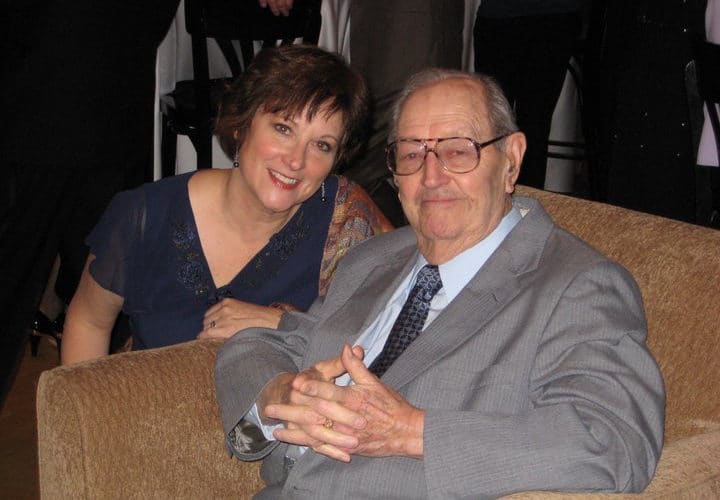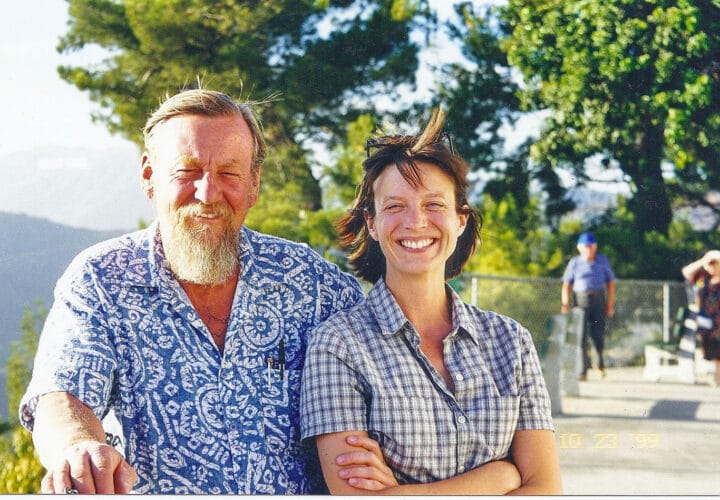Searching for the right doctor for a cognitive diagnosis or treatment? Patient advocate Roseanne Geisel shares her patient-doctor matchmaking process, step by step.
I have a knack for matchmaking. I am not talking about setting people up to date. My track record on that is abysmal—just ask my nieces and nephews to recall their single days.
The matchmaking I have a knack for is finding the right doctor to meet a patient’s needs. My track record on that is commendable. Success with these pairings requires sensitivity and effort, but it is one of the most important services that I provide as a patient advocate. My process works even if you are the patient finding your own physician.
1. Understand the Problem
In doctor-patient matchups, you can’t be a medical Cupid shooting arrows randomly. I must understand my client’s health concerns so that I know which medical specialty to pursue. If, for example, the patient was concerned about short-term memory loss, or a series of falls for seemingly no reason, I would direct my search to places where I could find top neurologists. If acid reflux was making a person uncomfortable with increasing frequency, I would be looking for gastroenterologists. If a person can’t seem to find an antidepressant that works and has side effects that are tolerable, maybe a psychopharmacologist should be consulted.
2. Start the Search
I find it worthwhile to use the website of the professional association that represents the medical specialty that is the target of my search. The association websites generally have provider directories that allow geographic searches. Another approach is to look for potential candidates in the directory of a highly regarded hospital or medical center in the patient’s vicinity. You can even do a google search for the specialty in a geographic area.
3. Think About Personality
Once I have a list of several physicians, the harder work begins. I must think about my patient/client’s personality. Outgoing or reserved? An outgoing person may want a physician that has a warmer personality and asks get-to-know-you questions. A private person may want a more reserved practitioner. Is the patient fearful about what the doctor may find? Then I want a doctor who doesn’t alarm patients or dwell on the worst possible outcomes. What are the patient’s attitudes about doctors and the health care system? If the patient believes traditional medicine doesn’t have all the answers, finding a functional medicine specialist may bring more “Ah ha” moments in seeking the source of fatigue, a lingering infection or anxiety.
Taking the time to think about the patient/client’s personality helps me know what to look for, or what to read between the lines for, when I am reviewing the doctor’s biographical information on the website of a medical practice or hospital. I assess the medical school attended, the residency program and additional fellowships that may show expertise and areas of interest. If a website lists practice style, that also is helpful. Are there any patient reviews on the site? What sense do I get from the reviews? I like the reviews published by news outlets that ask and then illustrate with bar graphs how many patients said the doctor spent enough time with them, explained diagnoses clearly, communicated the treatment options effectively, etcetera.
4. Get to Know the Practice
If I have any additional questions, or I just want to verify that the doctor takes a certain insurance or ask what the wait for an appointment is, I call the office directly.
Finally, just as a safety precaution, I head over to the National Federation of State Medical Boards to verify licenses and specialty board certifications, and to see if there have been any complaints filed against the doctor or disciplinary actions.
After all of the above processes, I present the vetted list to the patient, with the background information that I have. Then the patient can determine their first pick and a second choice in case the first is not available. The end result, in most cases, is a healthy working partnership between doctor and patient.
This match wouldn’t be a storyline for a Hallmark movie, but it may enable someone to live healthier and happier ever after.
Roseanne Geisel is the founder of Geisel Advocacy for Patients. This article is part of the Patient Advocacy series, in which patient advocates discuss the role of an independent patient advocate.





